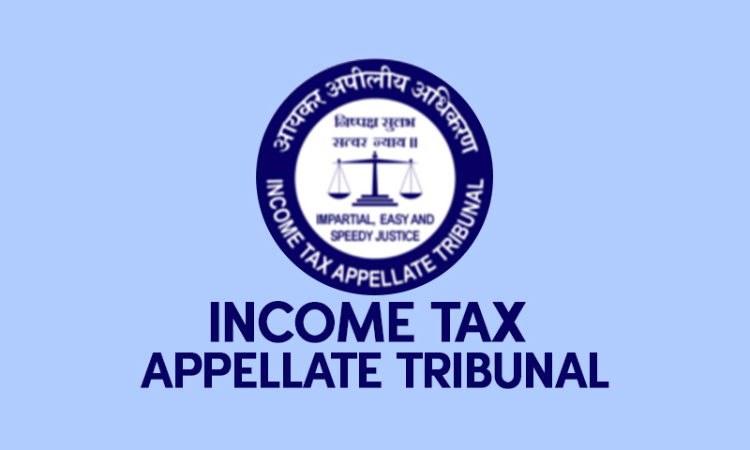The Delhi Bench of Income Tax Appellate Tribunal (ITAT) has held that though the department has the authority to dispute the residential status of the assessee merely on the strength of the Tax Residency Certificate (TRC), it is incumbent upon the department to make a proper inquiry and to establish the fact that the party claiming benefit and the strength of the TRC is a shell or...

